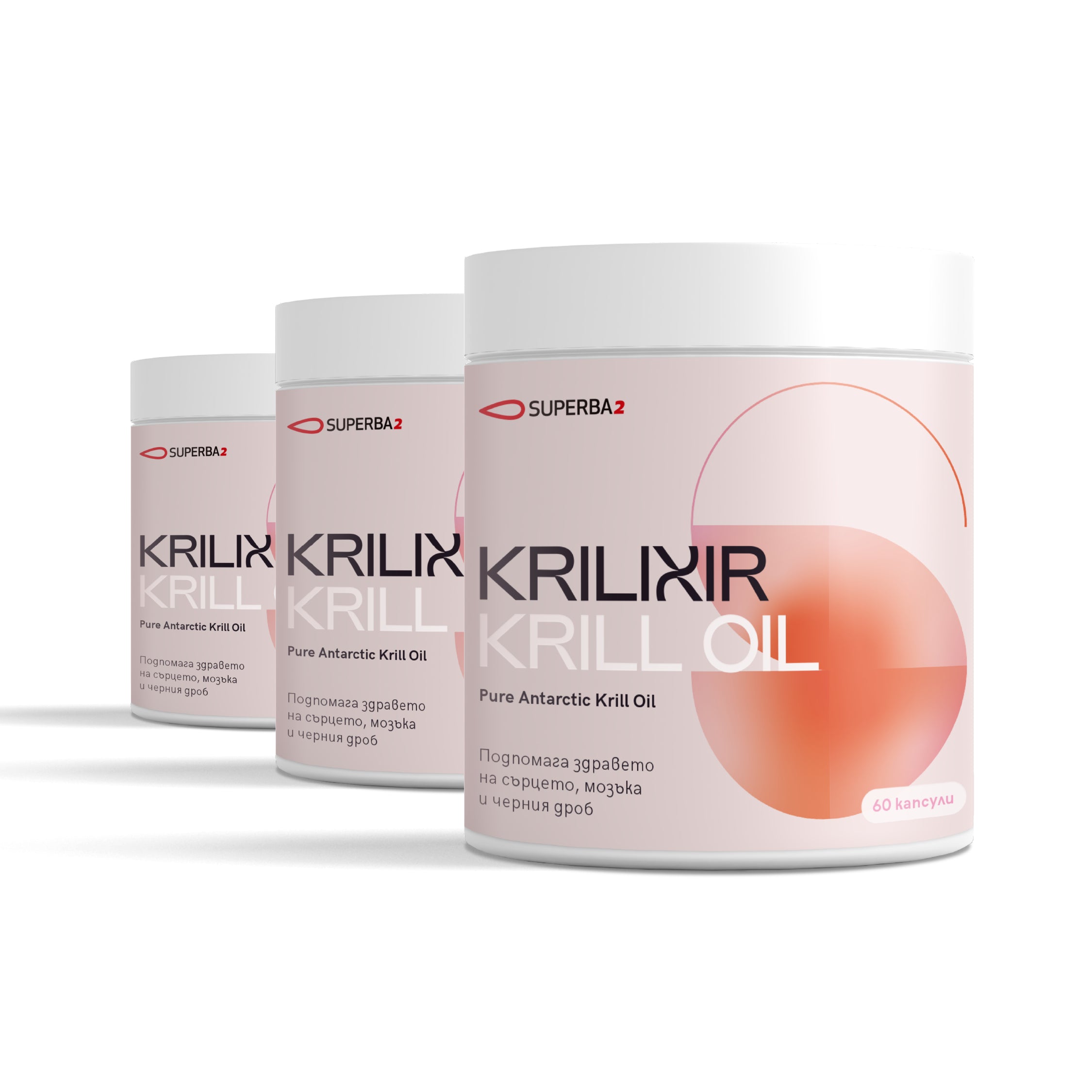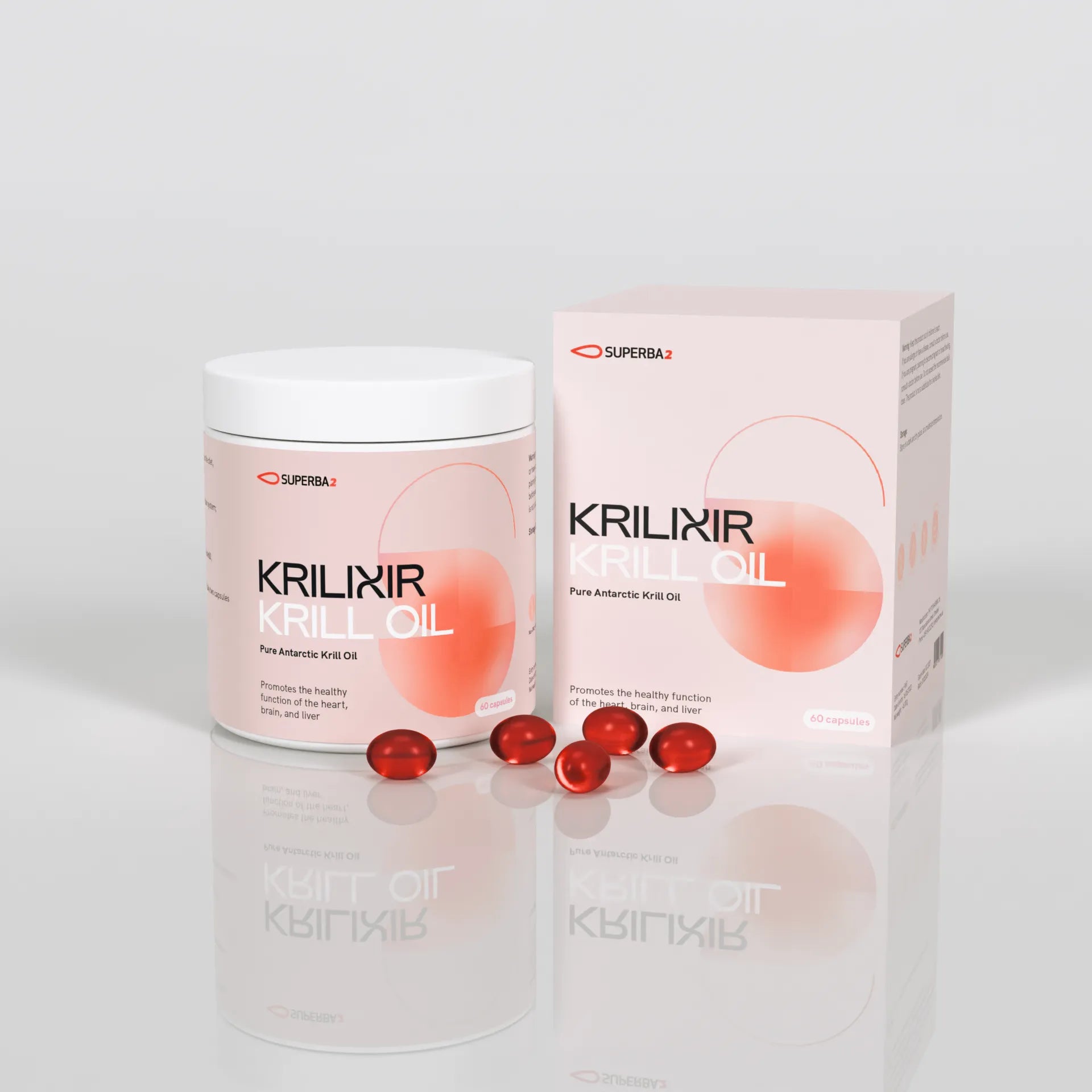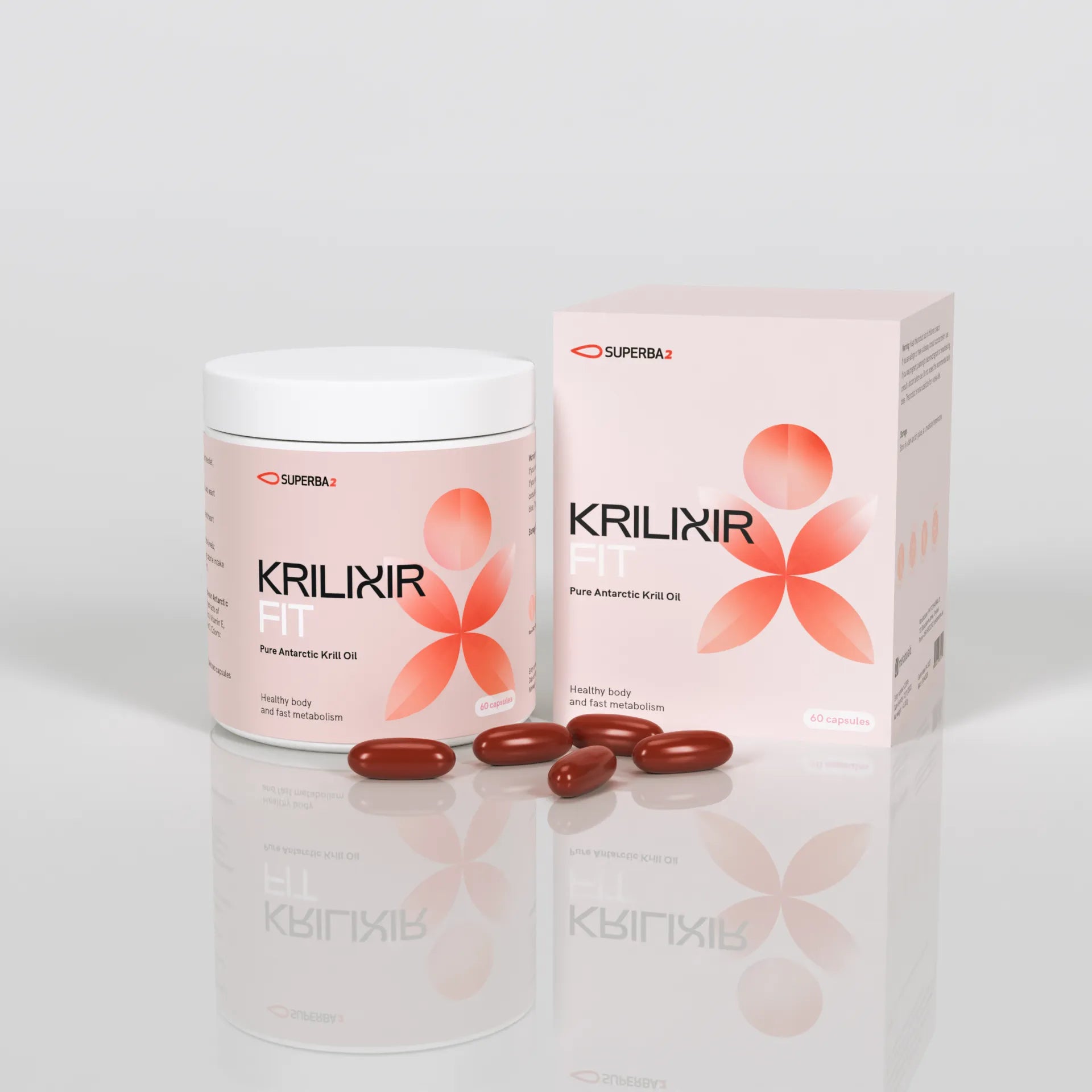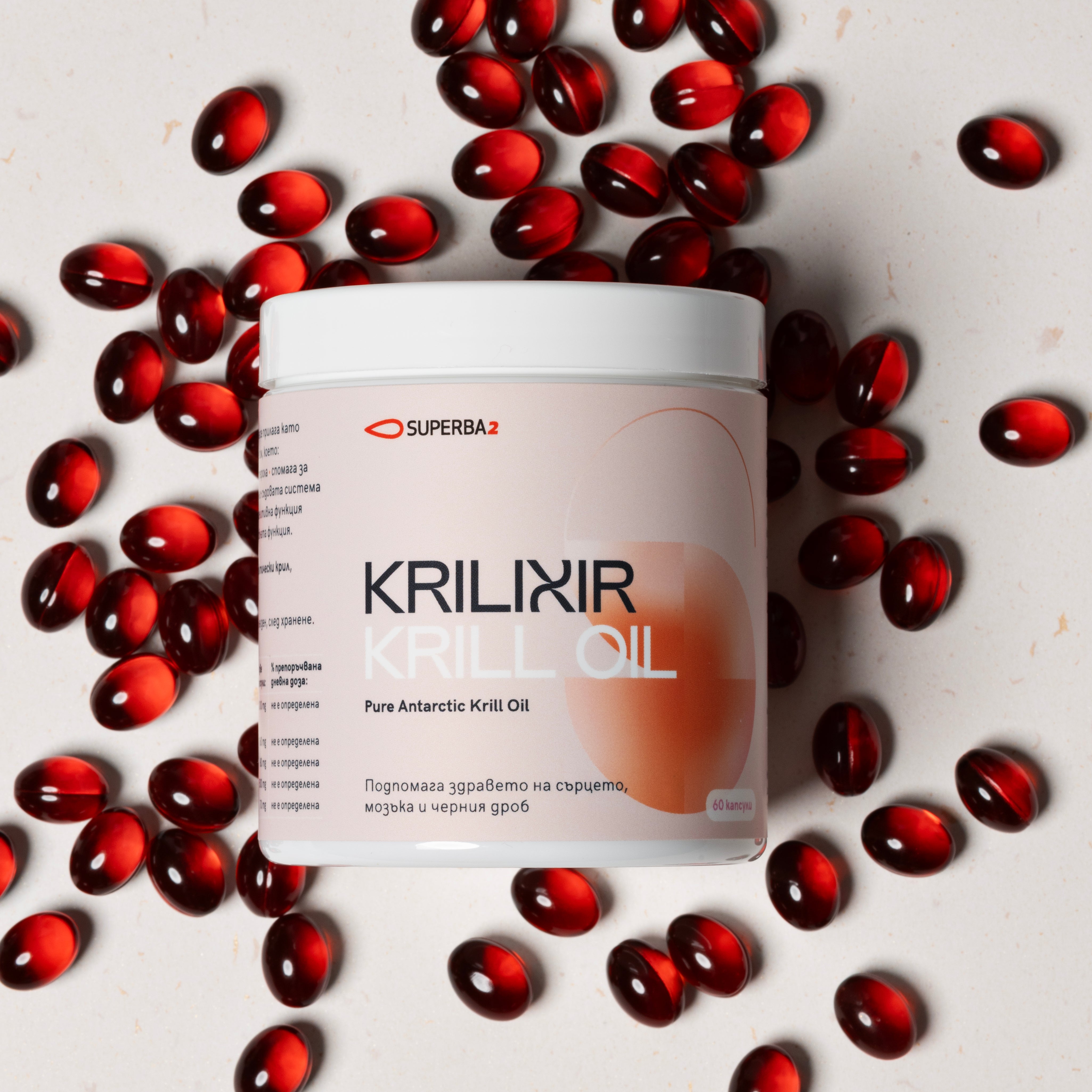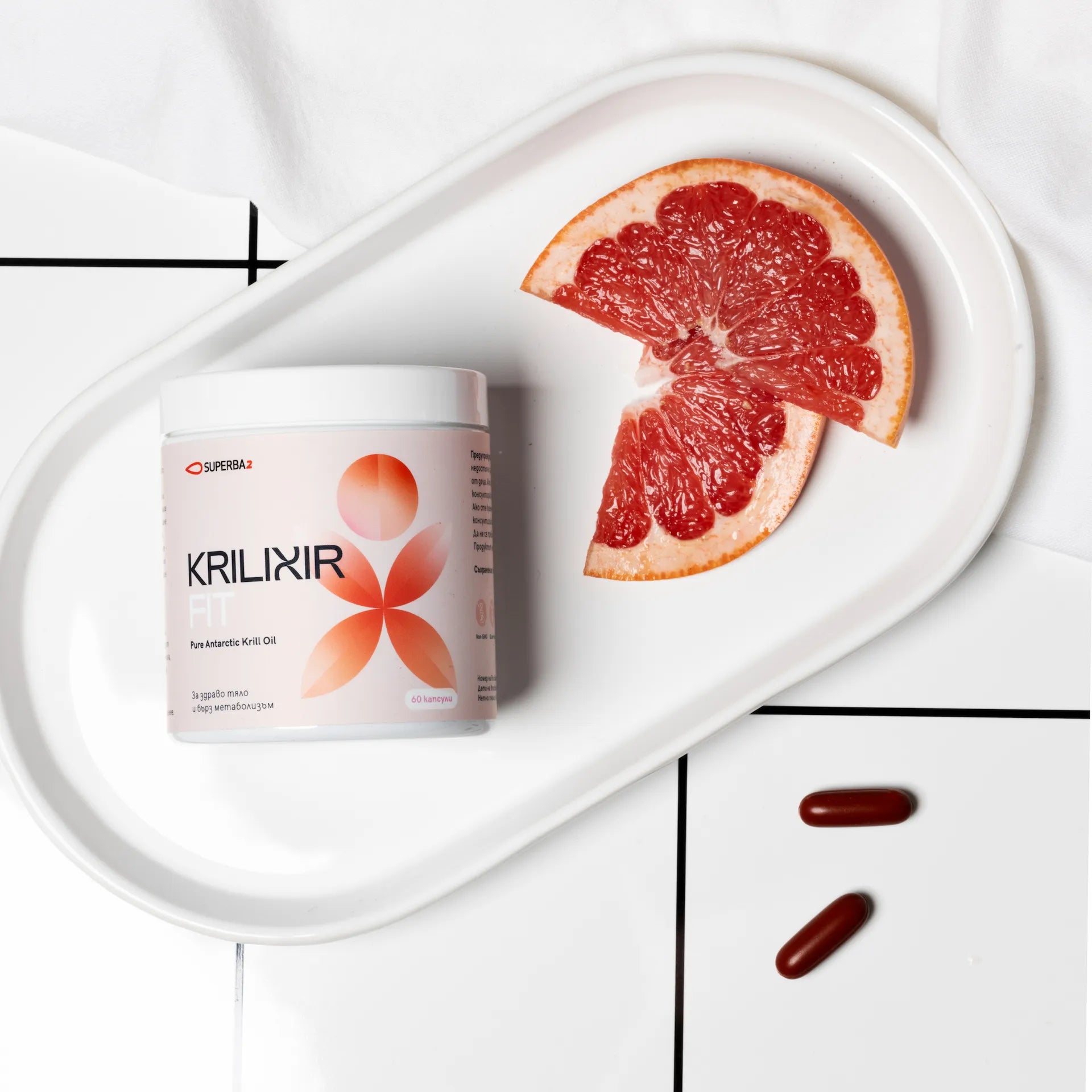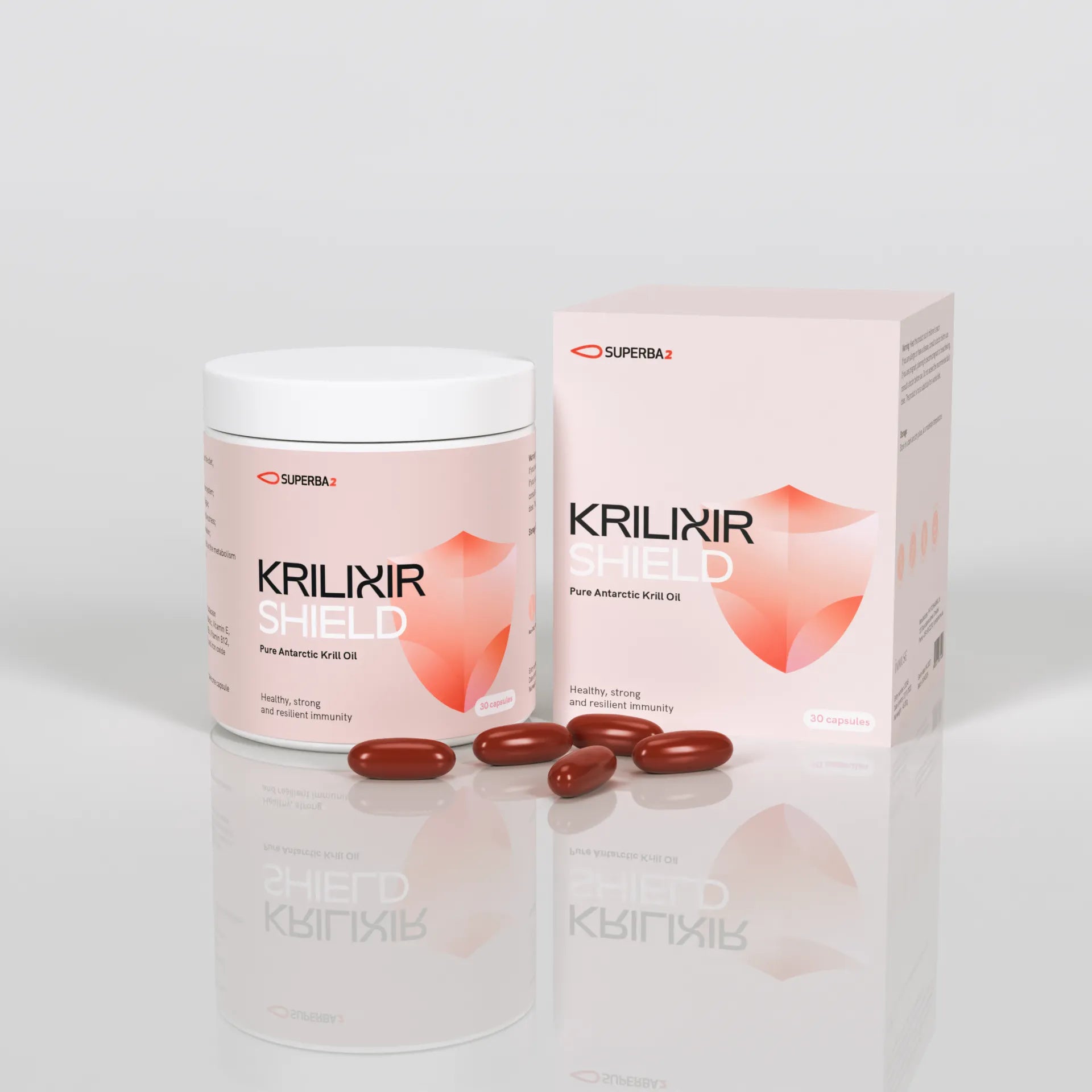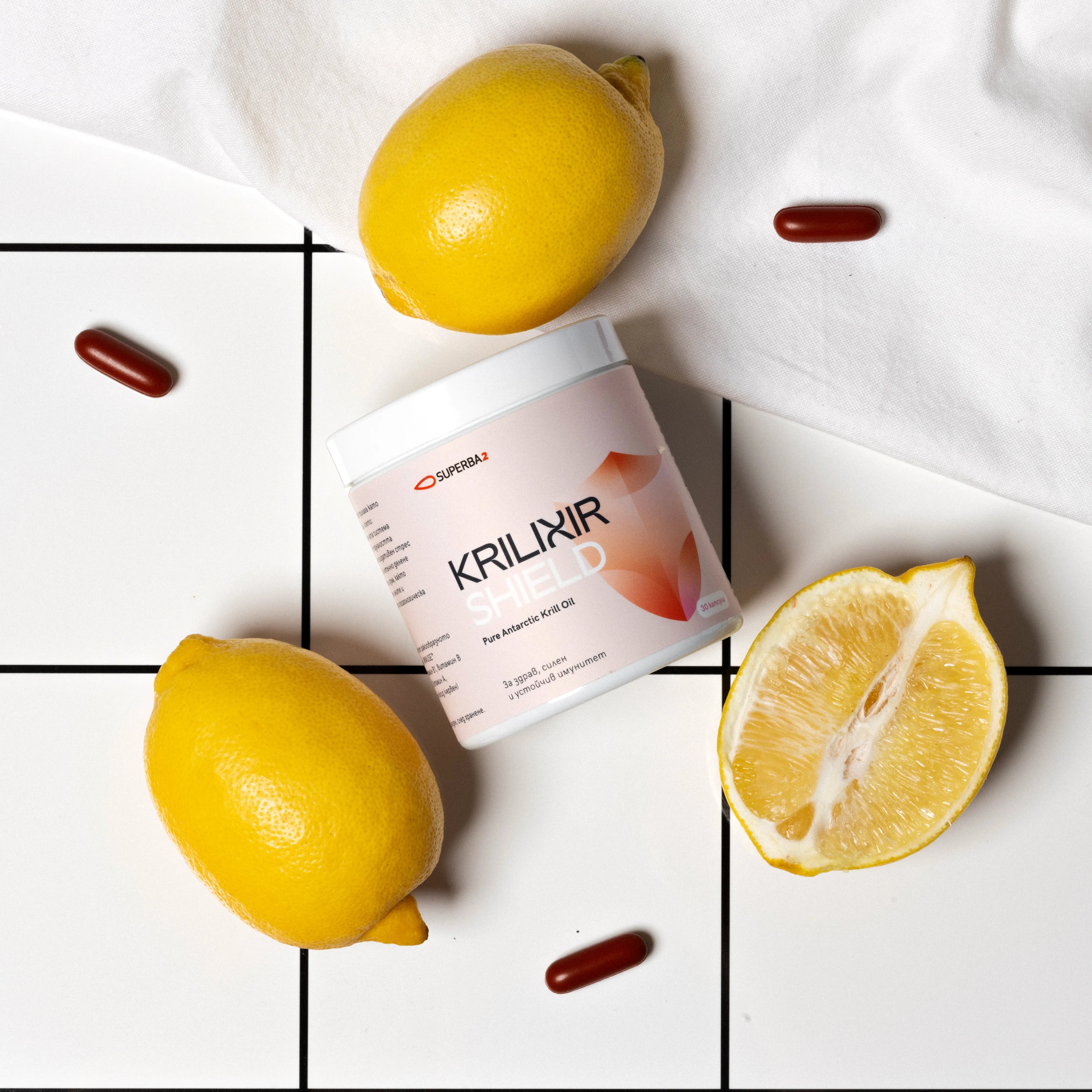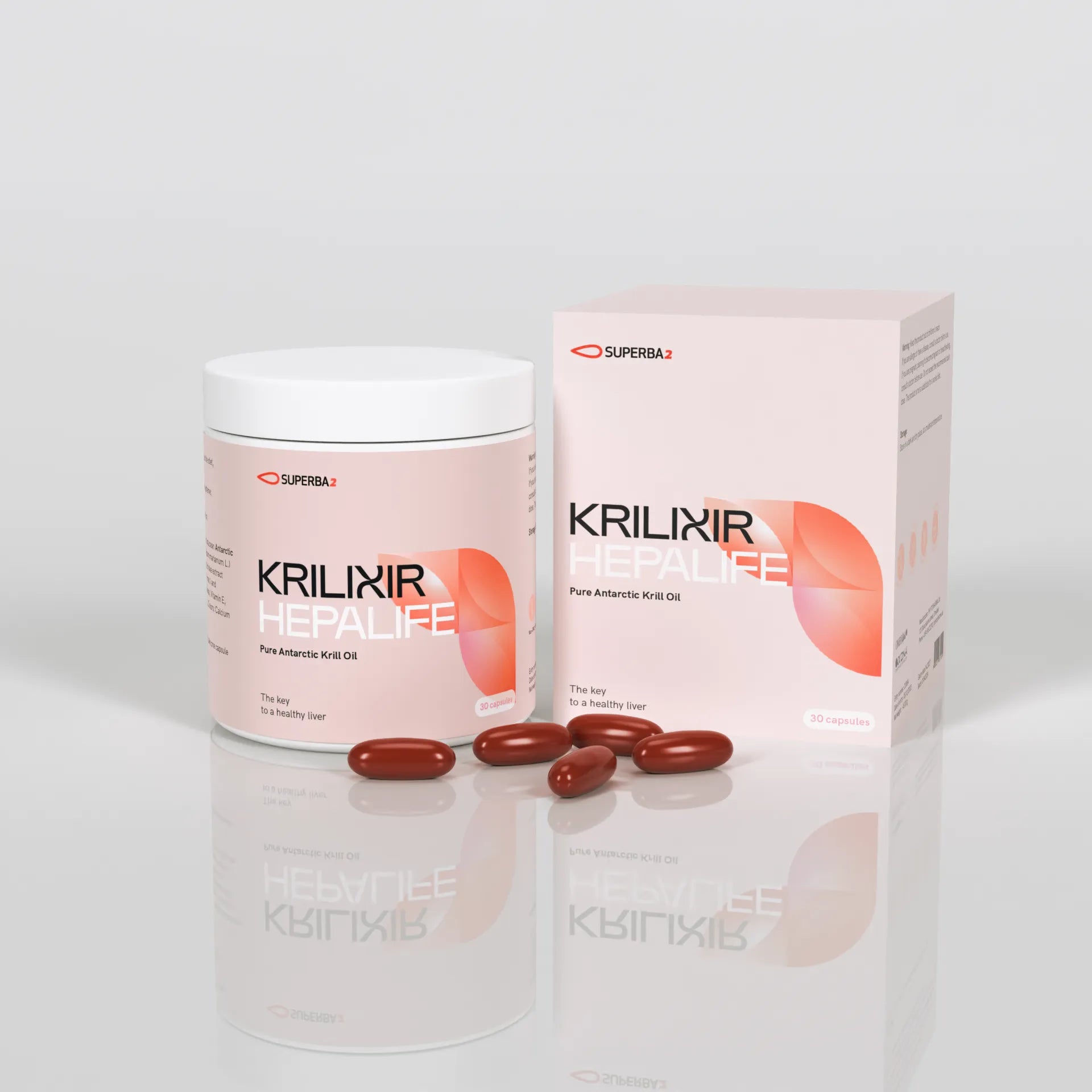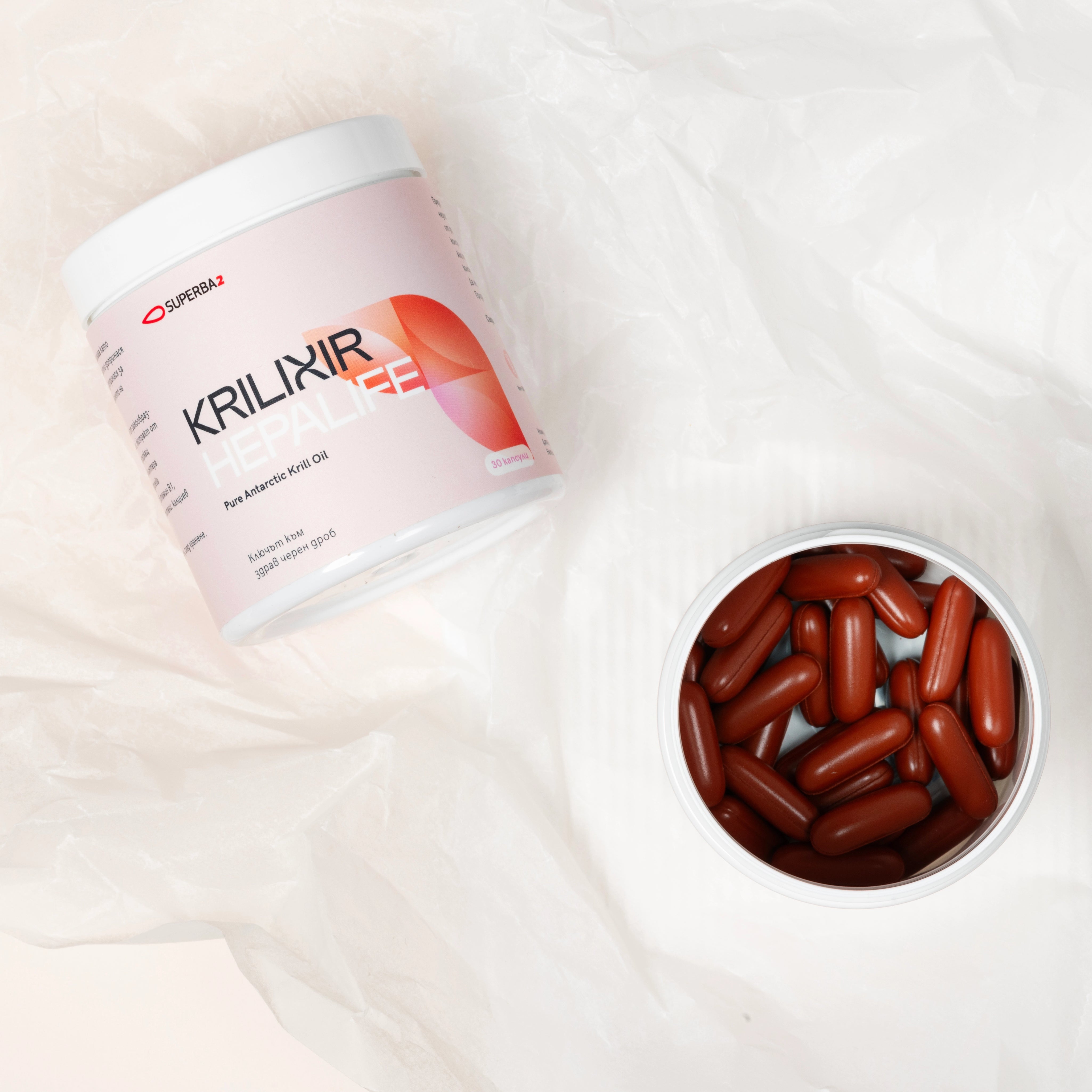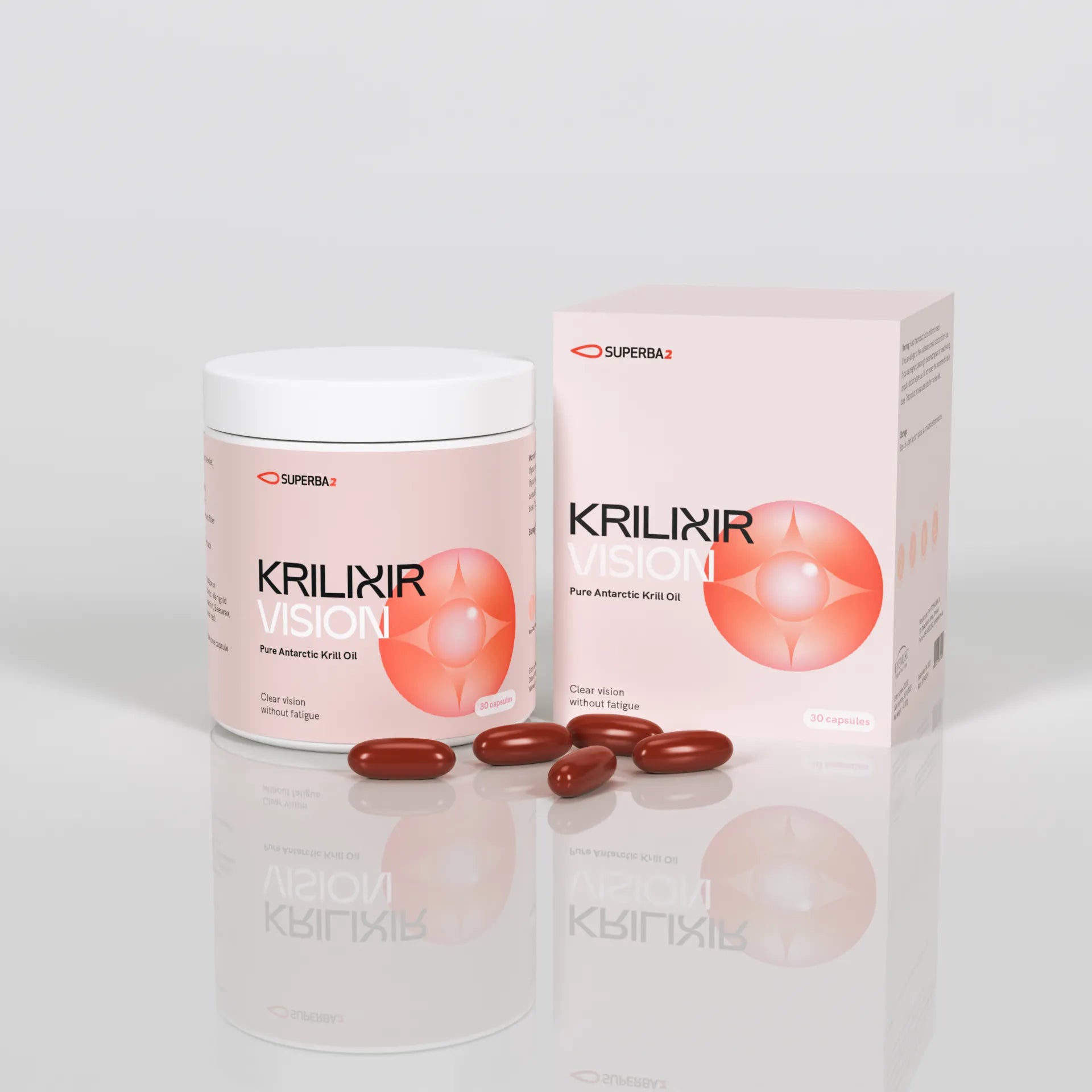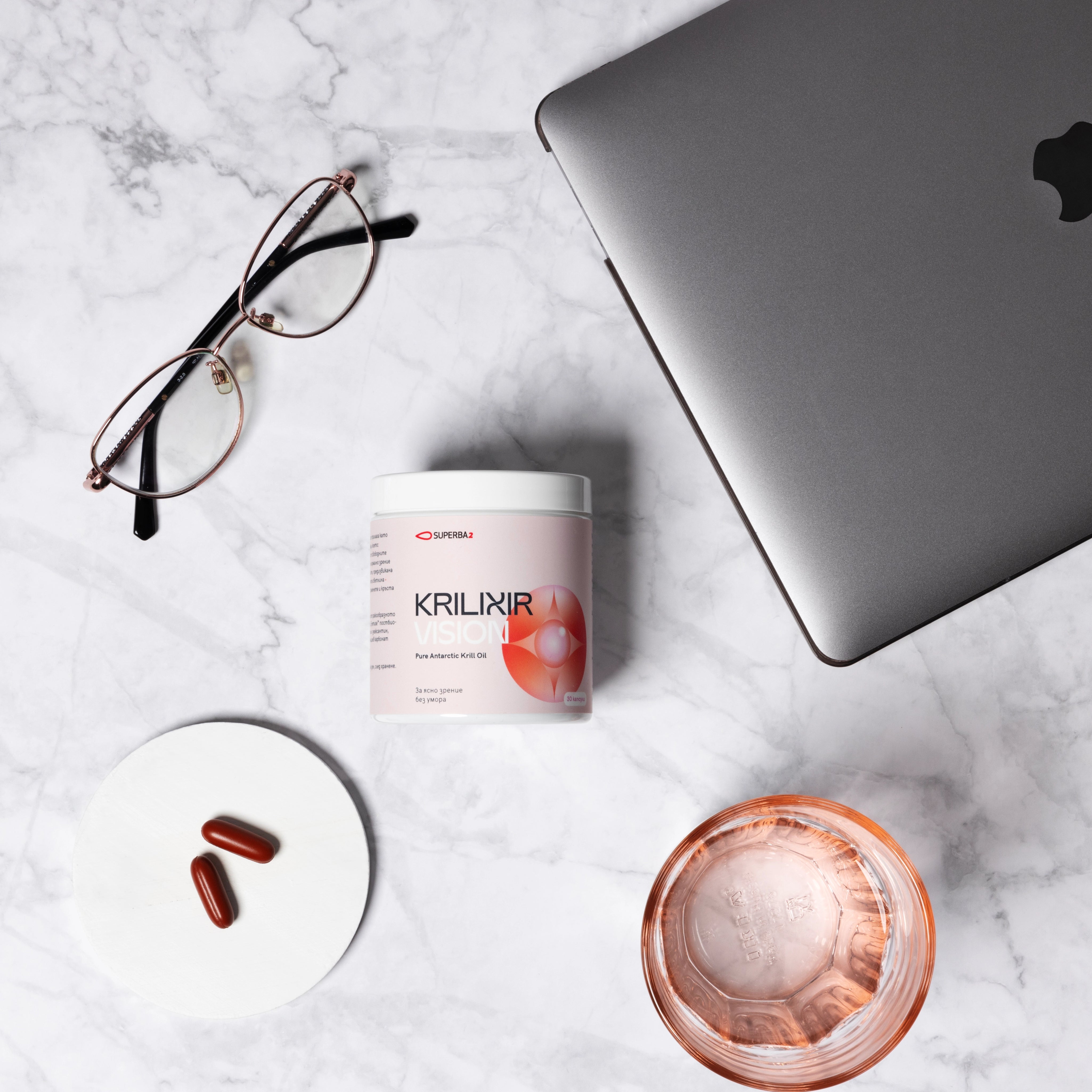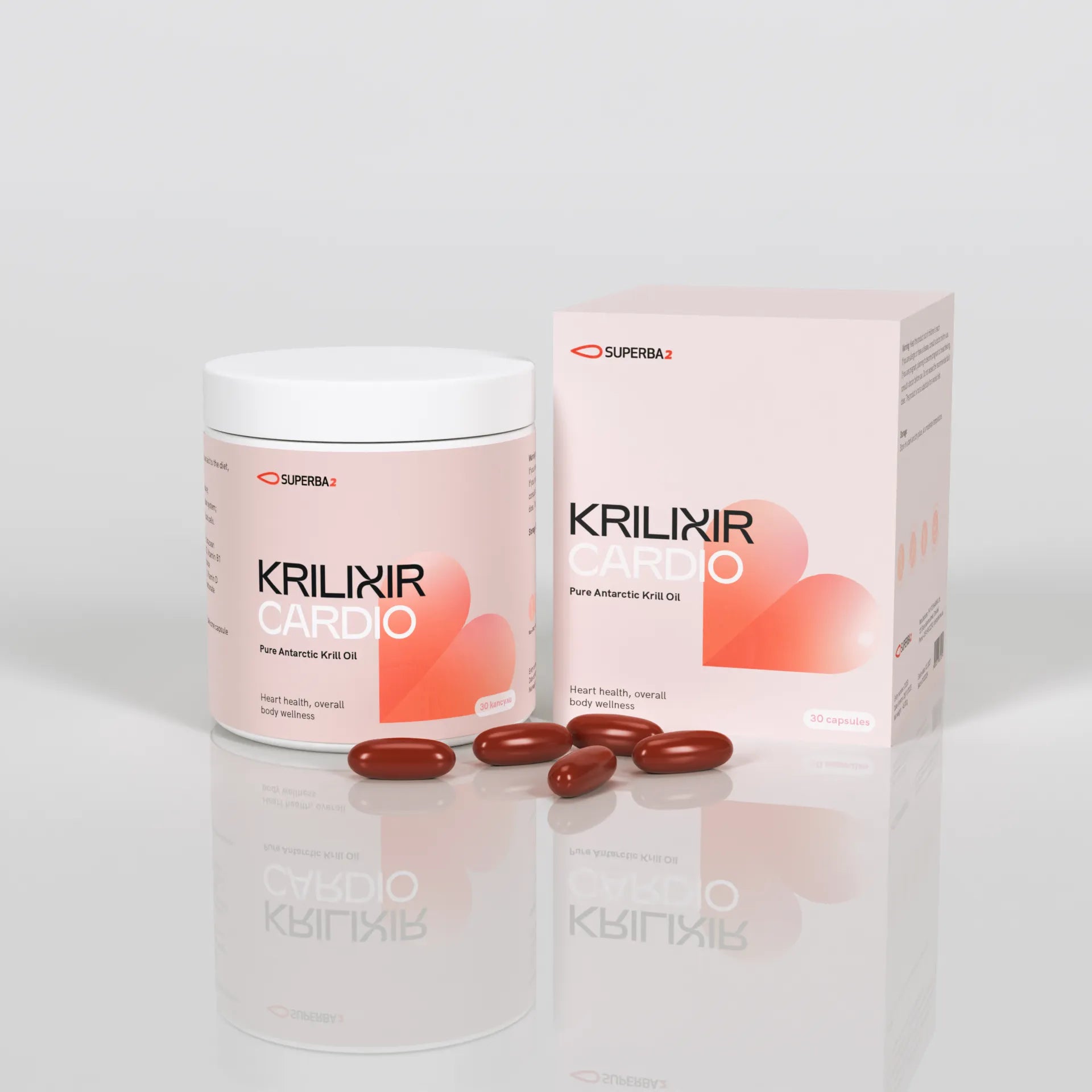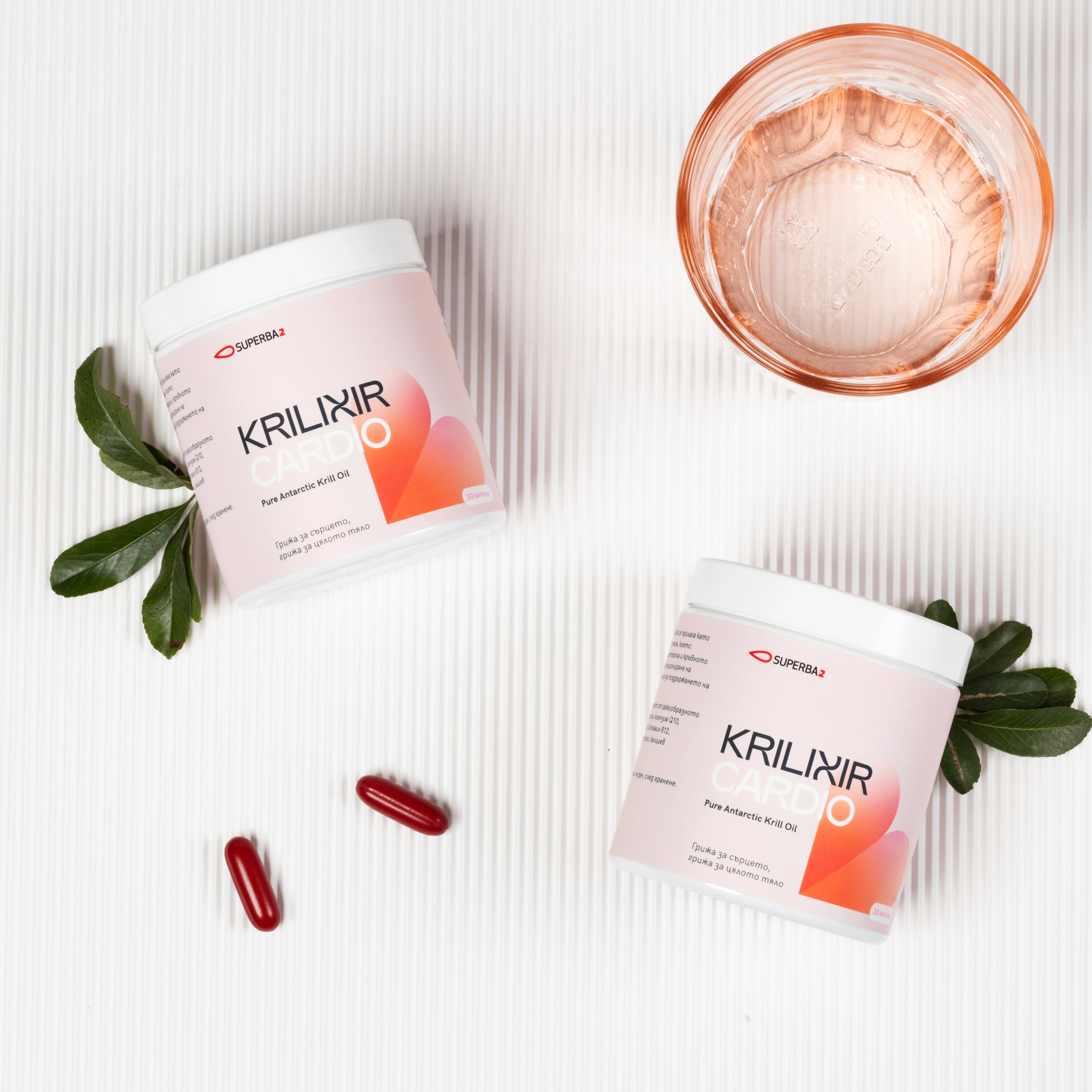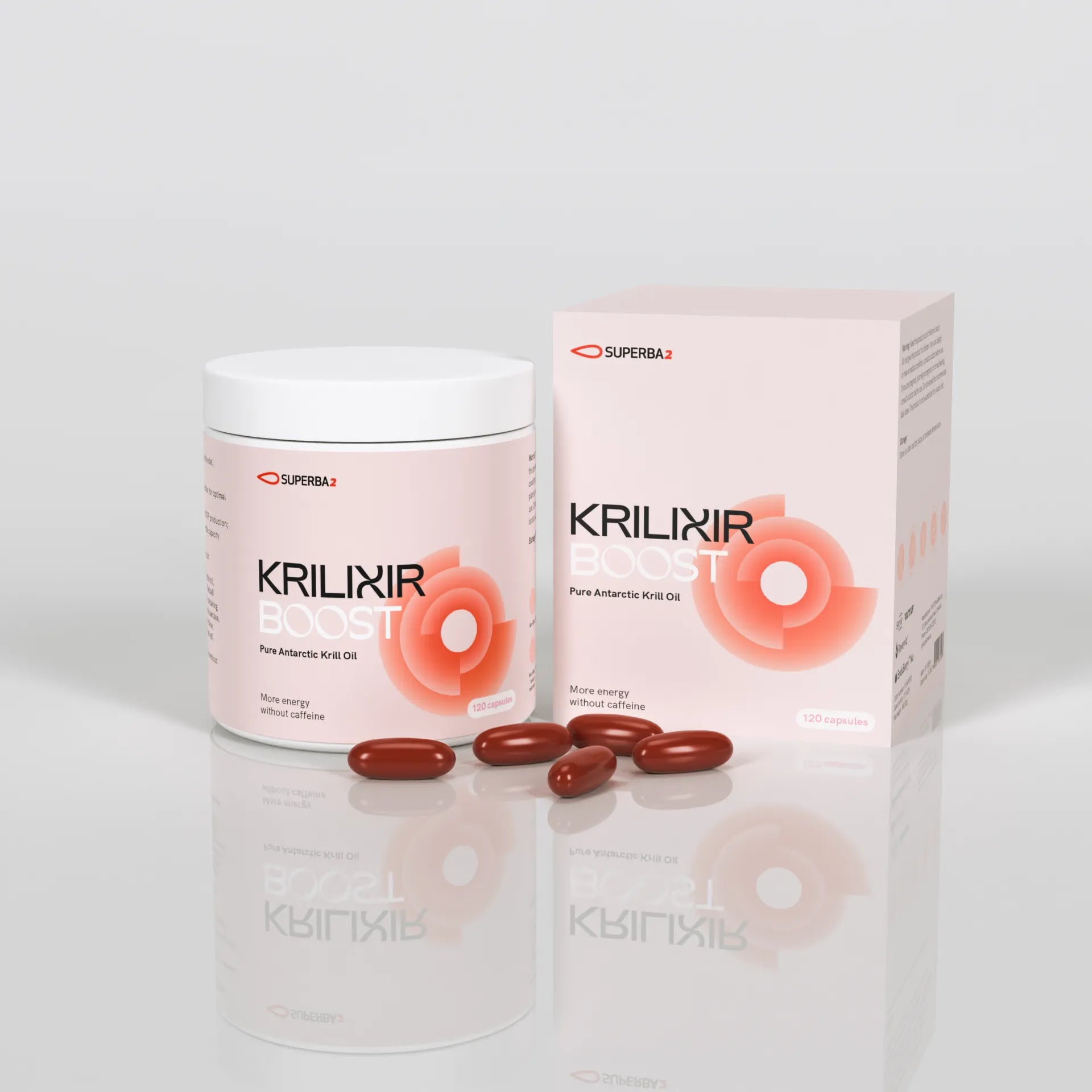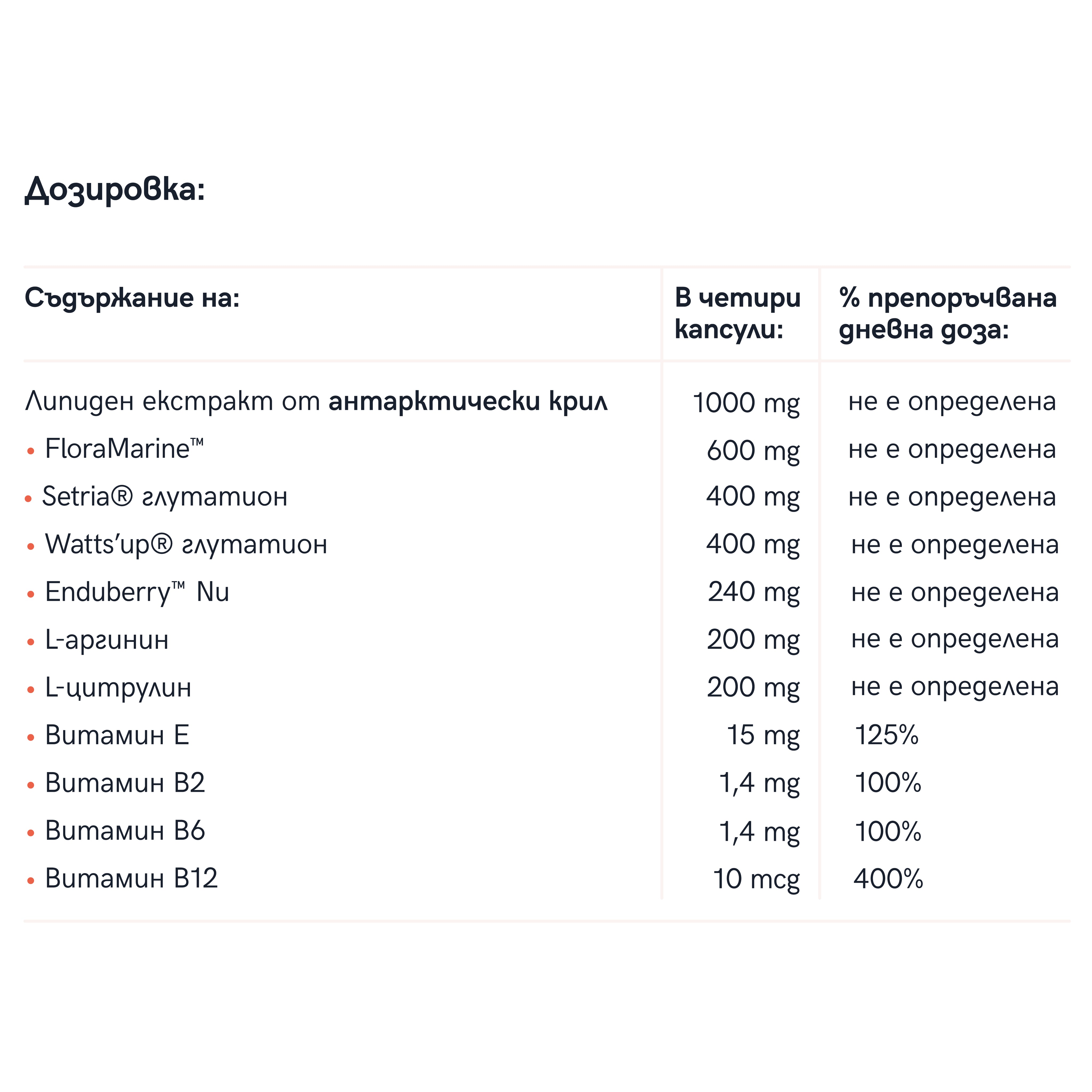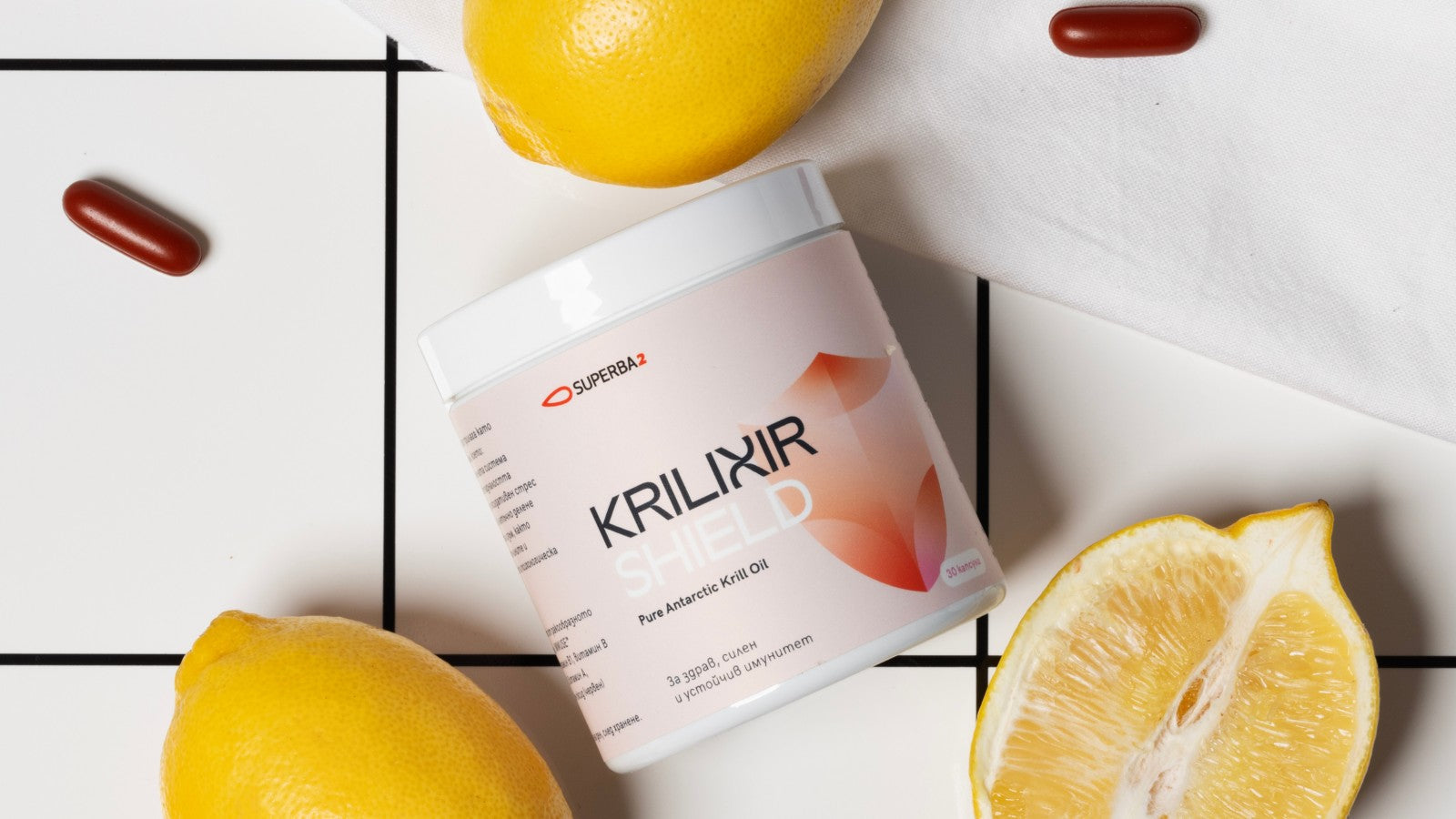The Importance of Prevention: How to Avoid Serious Diseases and Doctors?
We live in times where progress in medicine is astonishingly evident, healthcare is becoming increasingly accessible, and the focus on prevention is gaining unprecedented importance. It's no coincidence that our grandmothers and grandfathers constantly repeated, "Take care not to catch a cold!" Older people have always been wise. In other words, prevention is better than cure. In this article, we will explore why prevention is one of the crucial topics of the era we are in. In a few simple words, we will take a detailed look at how to avoid serious diseases and frightening visits to the doctors. And we will also turn our attention to the interesting role of the miraculous krill oil. An interesting approach or a useful health strategy?
The importance of prevention:
What is prevention? Prevention involves taking proactive measures to avoid the onset of diseases, infections, and other health problems. In other words – the things we do to avoid getting sick. Instead of just dealing with symptoms, preventive measures focus on identifying and mitigating risk factors that could lead to more serious health issues. The benefits of prevention are numerous and extend beyond individual health to broader societal benefits.
Easier on the "pocket":
Prevention is beneficial not only for personal well-being but also for reducing the economic burden on healthcare systems. By preventing diseases, we can significantly reduce medical costs associated with treatments, surgeries, and long-term care. We all know that no matter how affordable treatment is nowadays, it still remains a relatively expensive process.
Prevention – better quality of life:
Prevention contributes to a higher quality of life by promoting overall well-being. Adopting a healthy lifestyle, including a balanced diet, regular exercise, and stress management, can improve physical and mental health, leading to a fuller and more active life. Having balance and reducing stress factors are fundamental processes.
Reduced burden on healthcare:
Preventing diseases means fewer cases for healthcare professionals to manage, allowing them to focus more on patient care, research, and the advancement of medical knowledge. This, in turn, can improve the efficiency and effectiveness of healthcare systems.
How can we avoid serious illness?
Preventive measures encompass a wide range of strategies that collectively contribute to avoiding serious diseases. These strategies include:
Choosing a healthy lifestyle:
Adopting a balanced diet, engaging in regular physical activity, maintaining a healthy weight, and avoiding harmful habits such as smoking and excessive alcohol consumption are essential for preventing countless health problems.
Regular preventive check-ups with doctors:
Routine health check-ups and preventive visits to personal doctors can help identify potential health risks in time, allowing for quick intervention and prevention of more severe conditions.
Vaccinations:
In recent years, the topic of vaccines (especially during and after the Covid pandemic) has become somewhat poorly received by the general population. It is important and categorical to note that immunizations are essential for preventing infectious diseases. They not only protect individuals but also contribute to community immunity, reducing the spread of diseases.
Stress management:
Chronic stress is associated with numerous health problems. Incorporating stress management techniques such as meditation, yoga, or mindfulness can play a crucial role in preventing stress-related illnesses.
The role of krill oil in prevention:
Krill oil, obtained from small crustaceans known as krill, has attracted attention due to its potential health benefits. Rich in omega-3 fatty acids, krill oil offers anti-inflammatory and antioxidant properties that may contribute to overall well-being. In general, krill extract holds an unshakable place in the preventive ritual. Here is how krill oil fits into the equation for preventive health:
Heart health:
Omega-3 fatty acids, including EPA and DHA, found in krill oil, are known for their positive impact on heart health. They help reduce blood triglyceride levels, lower blood pressure, and promote overall cardiovascular well-being.
Anti-inflammatory properties:
Chronic inflammation is a common underlying factor in many diseases. The anti-inflammatory properties of krill oil can help reduce inflammation, potentially lowering the risk of inflammation-related conditions.
Brain health:
Omega-3 fatty acids are essential for brain health and cognitive function. Including krill oil in your diet can support brain health, potentially reducing the risk of neurodegenerative diseases.
In the pursuit of a healthier and more fulfilling life, prevention stands as a cornerstone. By making informed lifestyle choices, prioritizing regular check-ups, and incorporating beneficial supplements like krill oil, people can take significant steps toward avoiding serious illnesses. As we continue to advance in the field of healthcare, the old saying holds true: prevention is not just a strategy; it is a commitment to a better, healthier future.

